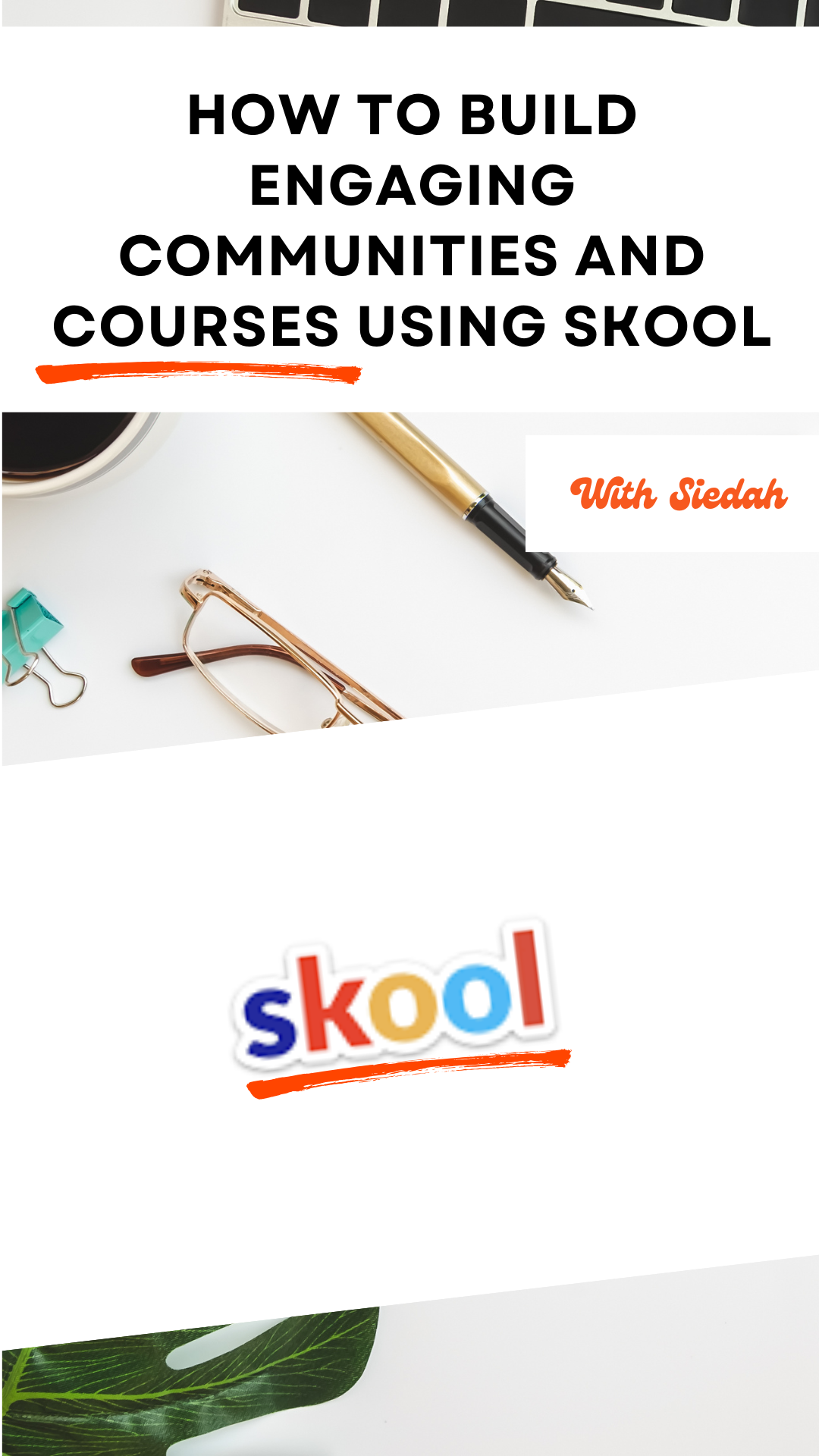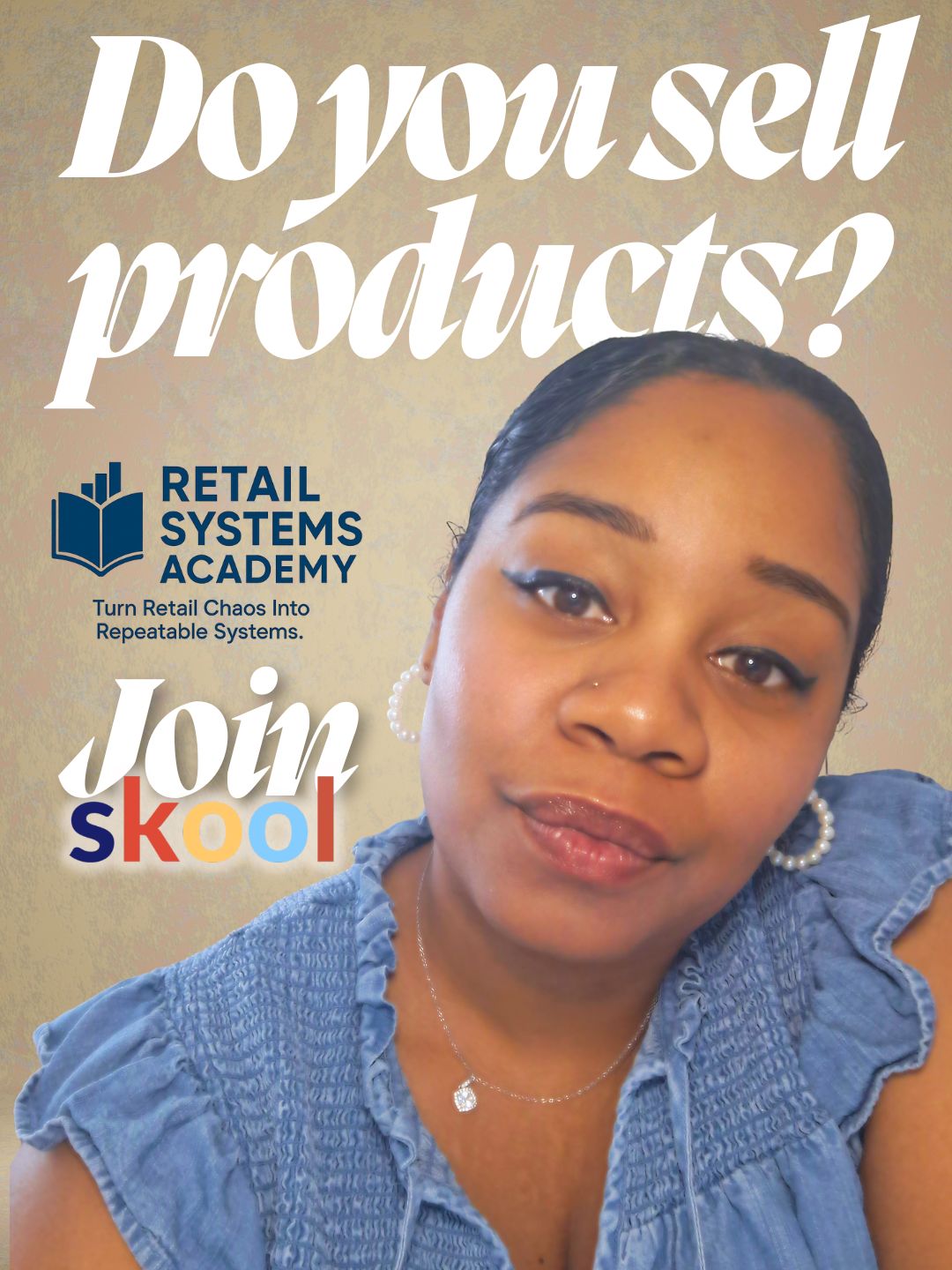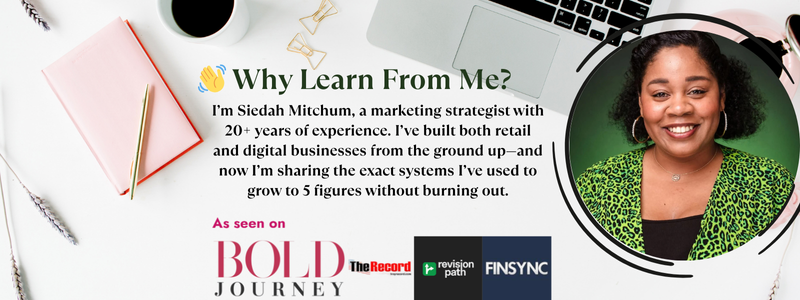
Why Skool Stands Out for Community Building and Education
As an entrepreneur with over a decade of experience growing communities—both online and offline—I’ve seen the good, bad, and ugly of community platforms. The Digital Boss Academy, hosted on Skool, is a testament to how a thoughtfully designed tool can simplify community management and enhance engagement.
From building a Facebook group of over 11,000 members to working with 100+ small business owners locally, I know the importance of having a user-friendly platform that supports both learning and connection. That’s why I chose Skool.
*I’m an affiliate of skool community. When you click on “Skool” and you set up your community I will receive 40% off.
What Makes Skool Exceptional?
Skool combines the features of online courses, community forums, and resource libraries into one cohesive platform. Here’s why I recommend it:
- Interactive Learning: Unlike static course platforms, Skool’s tools for interactive videos, quizzes, and group projects encourage active participation.
- Streamlined Community Engagement: Whether through structured discussions or organic threads, Skool fosters meaningful conversations that deepen learning.
- User-Friendly Design: As someone with a tech background, I appreciate Skool’s intuitive interface—it’s easy for both hosts and participants to navigate.
- All-in-One Solution: Skool isn’t just for chatting—it integrates courses, community discussions, and gamification (like leaderboards) in one place. This creates an engaging, streamlined experience for members.
How Skool Compares to Competitors
While platforms like Kajabi, Mighty Networks, and Circle offer similar services, Skool outshines them in critical areas:
- Kajabi: Focuses heavily on content creation but lacks robust community features like interactive forums.
- Mighty Networks: Offers solid community-building tools but can feel overwhelming and less intuitive.
- Circle: Great for discussions but doesn’t integrate learning paths and courses as seamlessly as Skool does.
For a flat $9/month [I am currently on the Hobby Plan, but as I grow I can upgrade] or $99/month, Skool’s transparent pricing model gives you access to all its features, making it both competitive and straightforward.
Facebook Groups are widely used for community-building, and for good reason: they’re free, easy to set up, and familiar to most users. But they have significant limitations:
- Lack of control: You’re at the mercy of Facebook’s algorithms, which can limit visibility for your posts, no matter how valuable they are.
- Distractions: Facebook is cluttered with ads, notifications, and unrelated content, which can pull members away from your community’s core purpose.
- Limited features for monetization: While possible, creating a seamless experience for paid courses or content requires workarounds.
Skool solves these challenges by offering a dedicated space for your community that combines the best features of learning platforms and social networks—minus the distractions.
Locally, I’ve cultivated vendor communities and guided 100+ small business owners, proving that strong platforms make a difference. Skool has been instrumental in scaling those efforts online.
How can you use Skool to scale your business and grow your community:
Using Skool, a platform designed for building online communities and delivering courses, can be a game-changer for business coaches looking to scale their business and grow their community. Here’s how a business coach can leverage Skool effectively:
1. Centralize Community and Content
- Create a Dedicated Group: Build a Skool group for your coaching clients and audience. This can be a central hub for discussions, resources, and networking.
- Host Courses: Offer exclusive courses directly on Skool, where clients can learn in a structured way while engaging with others.
- Streamline Communication: Replace fragmented communication channels (emails, social media DMs, etc.) with a single, vibrant community space.
2. Tiered Membership for Revenue Growth
- Free vs. Paid Levels: Offer a free community for general engagement and upsell a premium membership for clients who want deeper access to resources, live sessions, or coaching.
- Recurring Income: Use Skool’s membership features to charge monthly fees, creating a steady stream of income.
3. Host Live Events and Q&A Sessions
- Weekly or Monthly Sessions: Schedule live sessions to engage members and address their questions in real-time.
- Showcase Expertise: Use these sessions to demonstrate your skills, build trust, and convert members into paying clients.
4. Foster Peer-Led Learning
- Encourage Networking: Motivate members to share experiences, tips, and wins within the group.
- Build Accountability Pods: Facilitate small peer groups for goal-setting and accountability, creating deeper member connections and retention.
5. Gamification to Increase Engagement
- Leaderboards and Points: Use Skool’s gamification features to reward participation. Members earn points for completing lessons, posting, or interacting, which keeps the community lively.
- Exclusive Rewards: Offer incentives like private coaching calls or discounts for top participants.
6. Use Skool as a Funnel
Upsell Services: Subtly promote your one-on-one coaching, courses, or mastermind programs within the group.
Attract Leads: Promote your free Skool group on social media, your email list, and your website to attract potential clients.
Nurture Leads: Use the group to share valuable content and insights, warming up leads for high-ticket offers.
Ready to Join Skool?
If you’re looking for a platform that’s simple, impactful, and built for scaling communities, try Skool today.





Leave a Reply